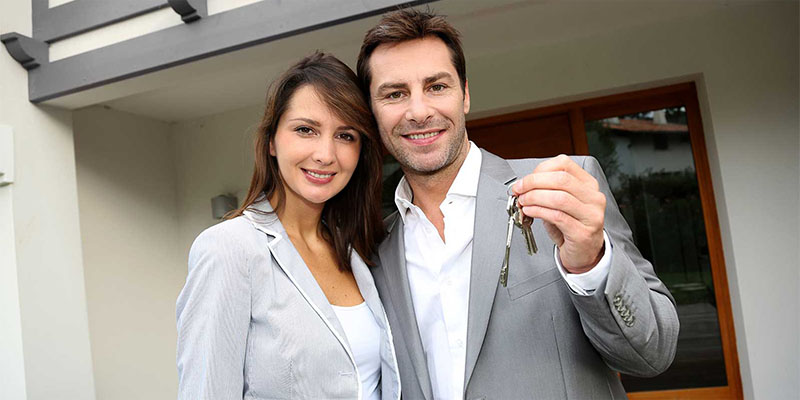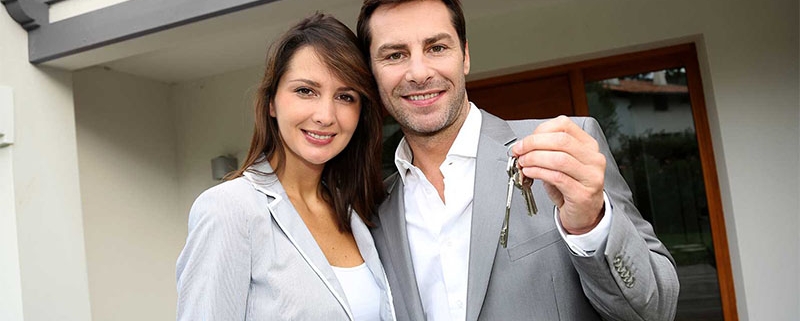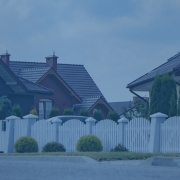Still Renting? You’re Paying a Mortgage, Just Someone Else’s

How does a real estate investor know if a deal will work or not? Primarily by doing some research on similar rental units in the area. It’s easier to come to a conclusion if there are multiple rental units in the area and less so if the home is essentially an isolated rental. For renters, they typically can pay around one-third of their gross monthly income for housing. That’s also the percentage that lenders use when determining affordability when someone applies for a new loan or wants to get preapproved.
How to Make the Switch From Renting to Owning
For renters who are just starting to explore the option of owning instead of renting, they might feel like it’s an intimidating process. Getting a mortgage means paperwork, documentation, paycheck stubs, and income tax returns just to name a few. And that’s understandable.
This is where I can help and review this process with you on the phone or in person. Anything unfamiliar can be intimidating at first glance. Many discover the process relatively easy when it’s time to sell the first home and buy the next one.
First Time Real Estate Investors
The same scenario can apply to real estate investors. For first time real estate investors, there’s also a lot of paperwork involved. Once the investor has owned and managed a rental unit for at least two years, it’s much easier to get approved for a subsequent purchase. How? With a first rental unit, lenders won’t count the rental income from the property in order to help qualify. The income is there, it just won’t be counted as income. But after two years of ownership, lenders will use the income from the rental property to help qualify. Most often the income generated is more than enough to cover the ownership costs including the mortgage, taxes and insurance.
When this is the case, the income essentially erases the costs of owning. The income is the rent from the unit. This is how a renter pays for someone else’s mortgage. Ultimately, most renters end up buying their first property at some point in the future. Those new owners could also buy their first rental property and become a landlord as well.
Many times, renters begin thinking about buying when their lease is soon to expire. And as market rents continue to rise, they start to think about it even more. In some areas, renting is actually more expensive than owning, especially with low rates in the mortgage market. Lower mortgage rates can offset higher rents.
Final Takeaway
When first exploring the option of buying, you’ll want to have a conversation about how much you can comfortably qualify for along with how much down payment may be required along with associated closing costs. With this total cost estimate, you can begin the path of saving. Even still, there are many low down payment options as well as ways to reduce how much in closing costs you can expect to pay. As you arrive at this stage, you’re getting closer to owning instead of renting. You’ll then also still be paying a mortgage, only this time it belongs to you and you’re an owner, not a renter.



